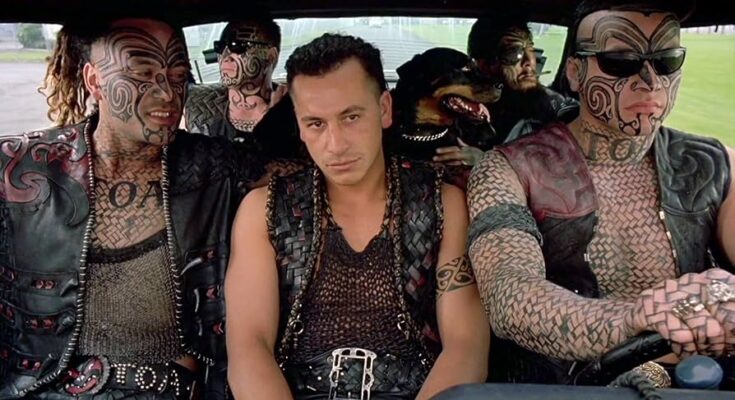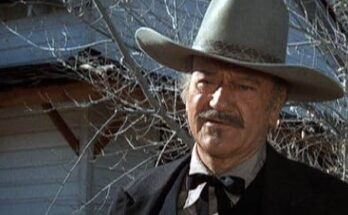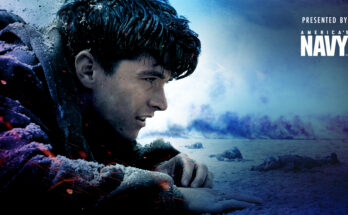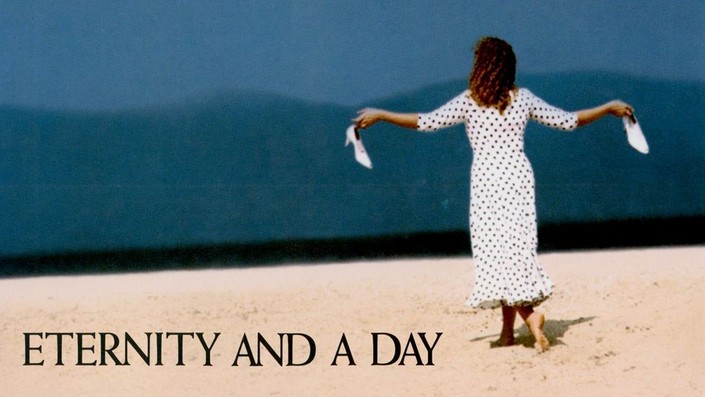Genre: Drama | Social Realism | Family Tragedy
Once Were Warriors is an unflinching and deeply powerful drama that shattered audiences when it was released in 1994, exposing the raw, painful realities of a broken family living on the fringes of New Zealand society. Adapted from Alan Duff’s novel and directed by Lee Tamahori, this film remains one of New Zealand’s most influential and hard-hitting cinematic works—a story that doesn’t look away from the violence, poverty, and cultural disconnection that haunt its characters.
At its heart is the Heke family, led by Jake “The Muss” Heke, played with terrifying force and brutal magnetism by Temuera Morrison. Jake is charismatic but explosive—a man whose pride and rage erupt behind closed doors, leaving his wife Beth and their children to weather the storm of his fists and drinking binges. As Beth, Rena Owen delivers a performance of staggering emotional depth. She is both victim and survivor, a mother trying to hold her family together as it splinters under the weight of violence and hopelessness.
The film’s power comes from its refusal to sanitize the world it depicts. The domestic scenes are shocking in their realism—painful to watch but impossible to look away from. Yet amid the darkness, Once Were Warriors is also about resilience. Beth’s journey is one of painful awakening: from enduring abuse to reclaiming her strength and cultural identity, she becomes the story’s fragile source of hope.
Underneath the family drama lies a searing look at the impact of colonization and the loss of Māori traditions and community, showing how generational wounds and urban poverty breed cycles of anger and despair. It’s a story about what happens when a warrior spirit is stripped of its roots and turned inward—when pride becomes violence rather than strength.
Once Were Warriors is not an easy film to sit through, nor should it be. It’s a raw cry for recognition of voices often silenced—an indictment of cycles of abuse and a testament to the courage it takes to break them. Decades later, its performances and unflinching honesty still leave audiences shaken, reminding us that sometimes the strongest warriors are not the ones who fight with fists, but the ones who stand up, speak out, and refuse to be beaten down again.



